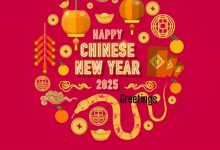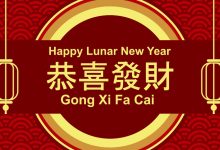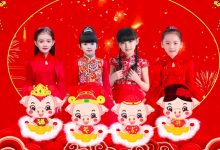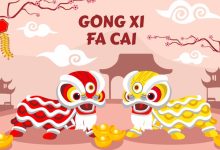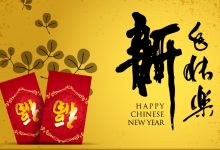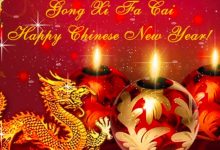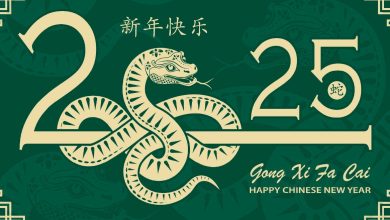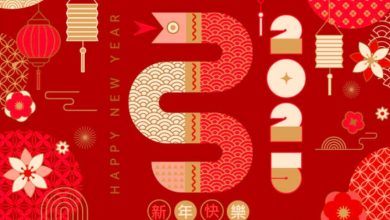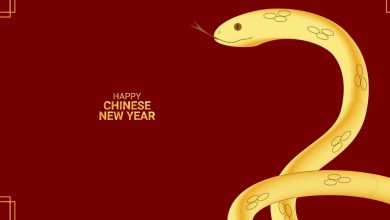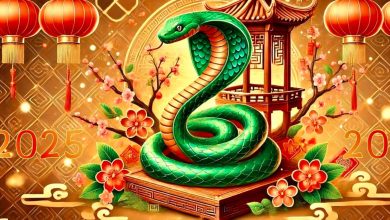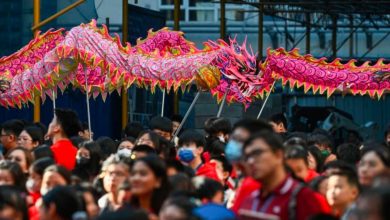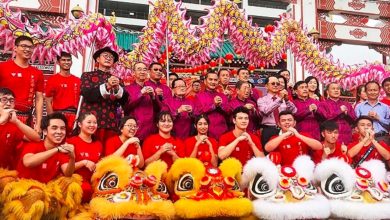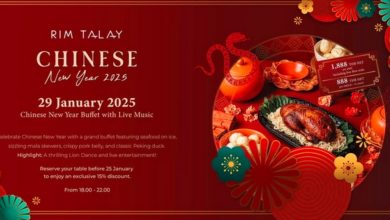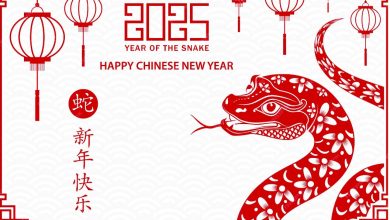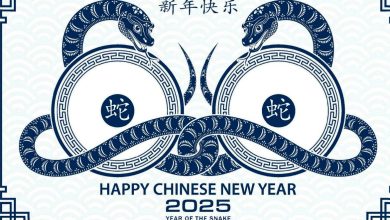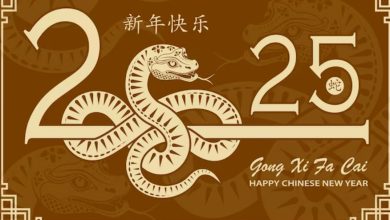Singapore chinese new year 2025
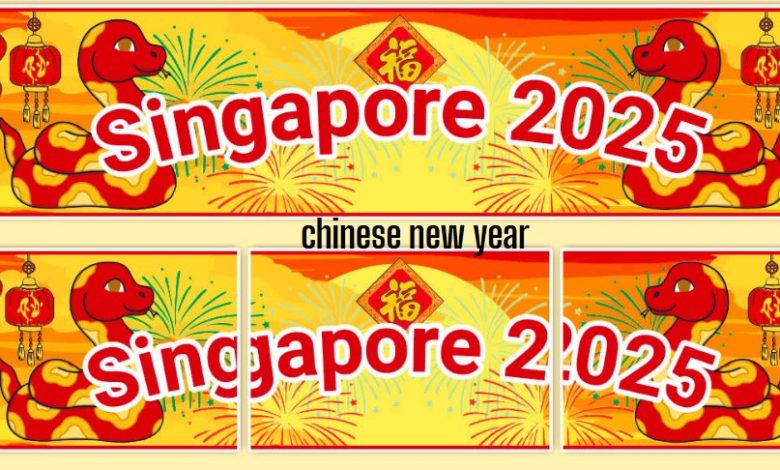
Chinese New Year, also known as the Spring Festival, is one of the most significant and widely celebrated festivals in Singapore. In 2025, this vibrant occasion falls on Wednesday, January 29, marking the start of the Year of the Snake according to the Chinese zodiac. The festival is a time of renewal, family reunions, and cultural festivities that bring Singapore to life with a mix of traditional customs and modern interpretations.
The Significance of Chinese New Year in Singapore
As a multicultural nation, Singapore is known for embracing the diversity of its citizens. The Chinese community, which forms the largest ethnic group in the country, celebrates Chinese New Year with great enthusiasm and reverence. The festival holds deep cultural and spiritual significance, symbolizing the start of a new lunar year and the hope for prosperity, health, and happiness.
Preparations for the Chinese New Year begin weeks in advance. Homes and businesses are thoroughly cleaned to sweep away bad luck and make way for good fortune. Decorations featuring auspicious symbols, such as red lanterns, couplets, and images of the Snake, adorn streets, homes, and shopping malls. Red, the color of joy and good luck dominates the festive atmosphere.
Festive Highlights and Traditions
Chinatown’s Festive Light-Up
Singapore’s Chinatown has become the epicenter of Chinese New Year celebrations. In 2025, the streets will be beautifully illuminated with colorful lights and intricate Snake-themed decorations. The Chinatown Chinese New Year Light-Up, a much-anticipated event, typically kicks off a few weeks before the festival and continues throughout the 15-day celebration. Visitors can enjoy nightly cultural performances, street bazaars, and food stalls offering traditional delights like bak kwa (grilled pork slices), pineapple tarts, and nian gao (sticky rice cake).
Reunion Dinner
The reunion dinner, held on Chinese New Year’s Eve (January 28, 2025), is a cherished tradition where families come together to share a lavish meal. This meal often features symbolic dishes such as fish (representing abundance), dumplings (signifying wealth), and yu sheng (a raw fish salad). Yu sheng, a uniquely Singaporean tradition, involves tossing the salad ingredients while shouting auspicious phrases for good luck. This ritual, known as “lo hei,” is both fun and meaningful.
Lion and Dragon Dances
Lion and dragon dances are an iconic part of Chinese New Year in Singapore. These energetic performances are believed to chase away evil spirits and bring good fortune. In 2025, you can expect to see these dances in public spaces, shopping malls, and even at private events. The rhythmic beating of drums, cymbals, and gongs accompanies the dancers, adding to the festive atmosphere.
River Hongbao
The River Hongbao, a large-scale event held at Marina Bay, is a highlight of Singapore’s Chinese New Year celebrations. This free festival features stunning lantern displays, cultural performances, carnival games, and a dazzling fireworks show. In 2025, the River Hongbao is likely to feature Snake-themed installations, showcasing creativity and artistry while paying homage to the zodiac animal of the year.
Chingay Parade
The Chingay Parade, one of Singapore’s grandest street performances, typically coincides with Chinese New Year. While not exclusively a Chinese event, the parade showcases multicultural performances, colorful floats, and dazzling costumes. It is a vibrant celebration of Singapore’s diversity and unity.
Visiting Relatives and Exchanging Gifts
During Chinese New Year, visiting family and friends is an important tradition. It is customary to bring gifts, such as mandarin oranges and festive snacks, as a gesture of goodwill. Red envelopes, or ang baos, containing money are given to children and unmarried individuals, symbolizing blessings for a prosperous year ahead.
Modern Twists on Tradition
While traditional customs remain at the heart of the Chinese New Year, Singapore’s cosmopolitan nature has brought modern twists to the celebrations. Shopping malls, restaurants, and entertainment venues offer special promotions, festive menus, and themed activities to cater to both locals and tourists. Social media platforms also play a role in amplifying the festive spirit, with people sharing photos, videos, and greetings online.
Chinese New Year Cuisine
Food plays a central role in Chinese New Year celebrations. Beyond the reunion dinner, families and friends gather to enjoy dishes that carry symbolic meanings. Hotpot meals are especially popular, as they represent unity and warmth. Snacks like love letters (egg rolls), peanut cookies, and sesame balls are also enjoyed throughout the festive period. Restaurants and hotels often offer special buffets and set menus featuring traditional dishes with modern twists.
Singapore’s Unique Multicultural Influence
Singapore’s multicultural fabric adds a unique dimension to its Chinese New Year celebrations. Non-Chinese communities often participate in the festivities, enjoying the public events and culinary delights. In schools and workplaces, Chinese New Year is celebrated with performances, themed decorations, and potluck gatherings.
Looking Ahead to the Year of the Snake
The Year of the Snake is associated with qualities such as wisdom, intuition, and transformation. As Singaporeans celebrate Chinese New Year 2025, many will reflect on these traits while setting intentions for the year ahead. The festival is not only a time for joy and togetherness but also an opportunity to embrace cultural heritage and foster connections.
